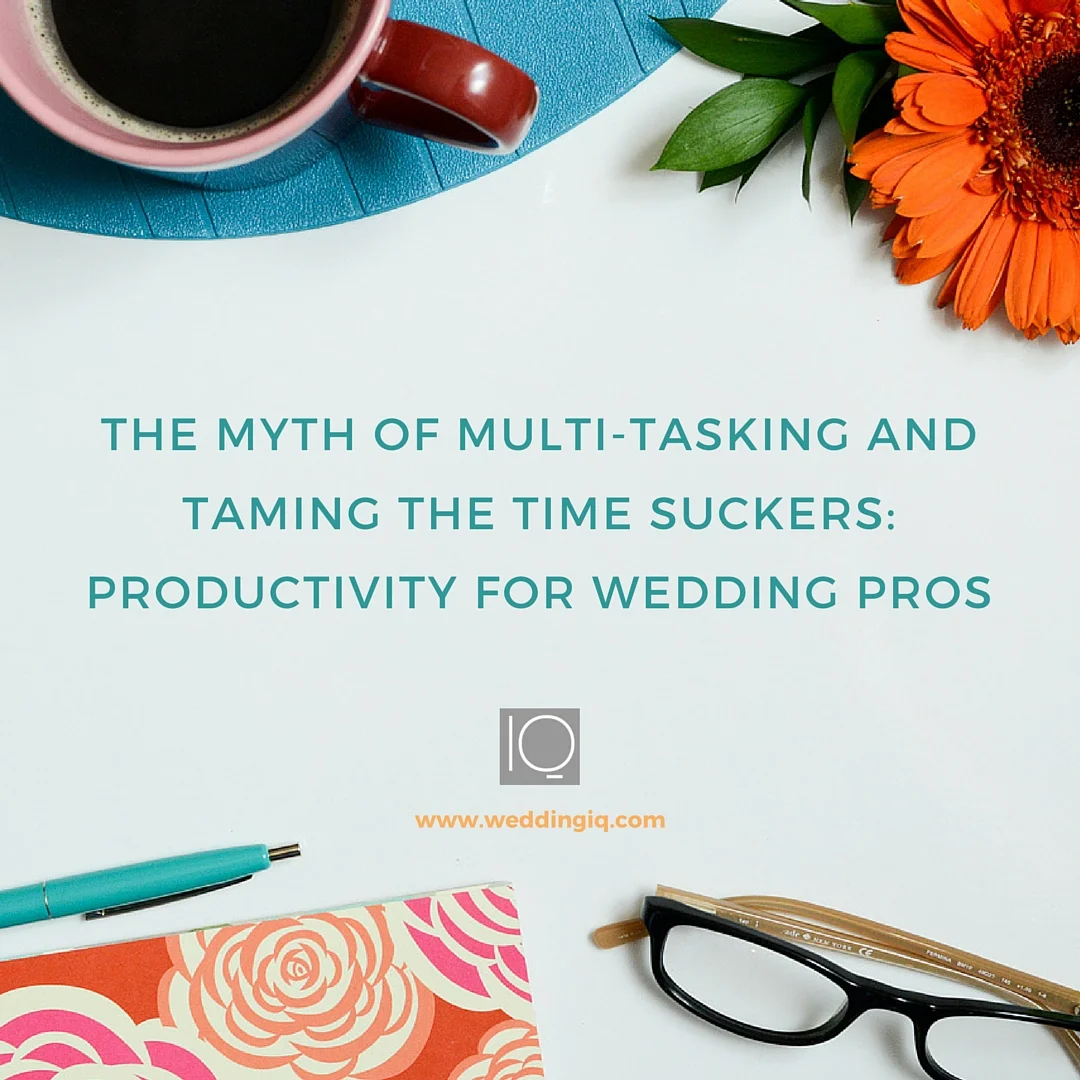Outsourcing: it's a wonderful thing. Every business guru, coach and speaker will tell you that the sure path to success is to outsource as much as possible, freeing your time to run your company, plan for the future and create your ideal life by design.
Unfortunately, that's one of those things that's easier said than done. Outsourcing costs money, right? What if you’re just starting out? What if you’ve hit a rough patch? What if you need the money for personal reasons and can’t invest it back into your company at this time? (I discussed this very real possibility in one of my former posts, "Sailing Through Crisis and Taking My Own Advice.") These are all factors that must be considered when deciding what, if anything, should be outsourced in your business.




